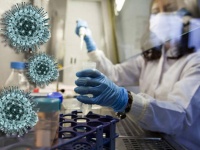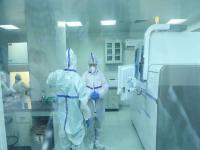Chest CT scans reveal abnormalities in patients 2 years after recovery from COVID-19
By Lokmat English Desk | Published: February 16, 2023 01:36 PM2023-02-16T13:36:51+5:302023-02-16T13:36:51+5:30
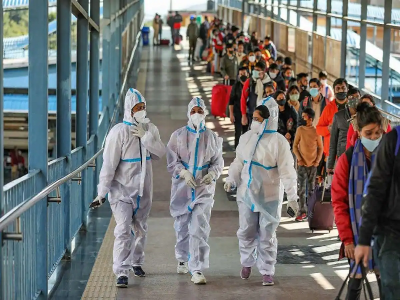
Chest CT scans revealed persistent lung abnormalities in patients two years after Covid-19, according to a new study.

Globally, more than 600 million people have recovered from Covid-19, but concerns remain that some organs, especially the lungs, may suffer long-term damage after infection, the study said.

This is the first research paper with two-year follow-up data on Covid-19 lung effects, it said. It is published in the journal Radiology.
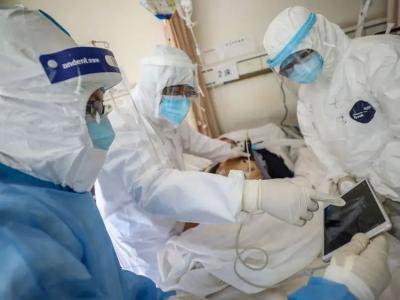
According to the paper, Qing Ye and Heshui Shi from Tongji Medical College of Huazhong University of Science and Technology in Wuhan, China, and colleagues set out to assess residual lung abnormalities in patients up to two years post-Covid-19 pneumonia.
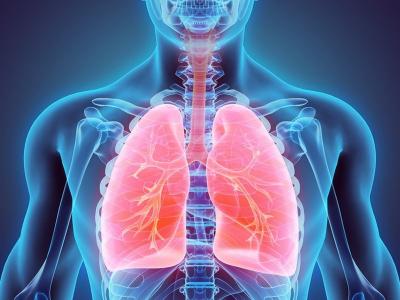
They also looked at the correlation between residual lung abnormalities and changes in lung function, the study said.
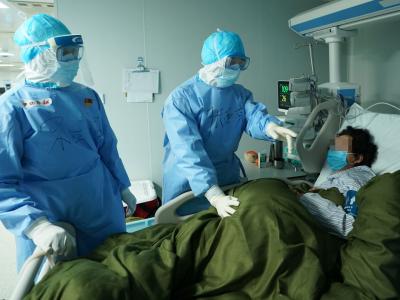
In this prospective study, it said, 144 patients, 79 men and 65 women with a median age of 60, discharged from the hospital after SARS-CoV-2 infection between January 15 and March 10, 2020, were included.
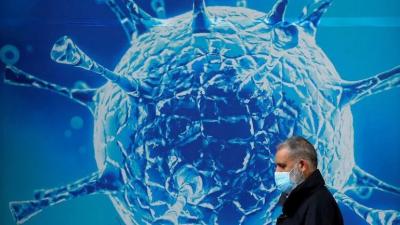
Three serial chest CT scans and pulmonary function tests were obtained at six months, 12 months, and two years after symptom onset, the study said.

Residual lung abnormalities after discharge from the hospital included fibrosis (scarring), thickening, honeycombing, cystic changes, dilation of the bronchi, and more, the study found.

The study also found that over two years, the incidence of lung abnormalities gradually decreased. At six months, 54 per cent of patients showed lung abnormalities.
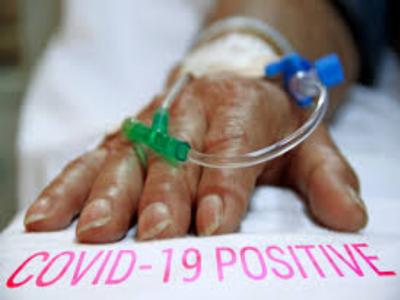
On two-year follow-up CT scans, 39 per cent, or 56 of the patients, had lung abnormalities, including 23 per cent, or 33 patients, with fibrotic lung abnormalities and 16 per cent, or 23 patients, with non-fibrotic lung abnormalities, the study reported.
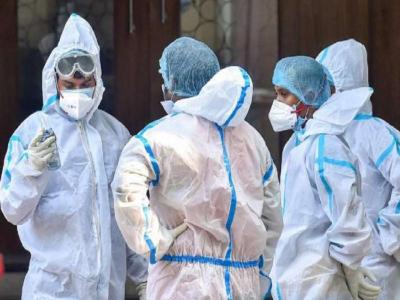
"In particular, the proportion of fibrotic interstitial lung abnormalities, an important precursor to idiopathic pulmonary fibrosis, remained stable throughout follow-up," the authors said.
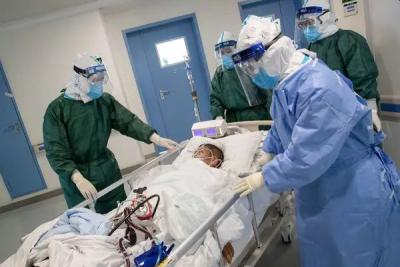
"Therefore, the fibrotic abnormalities observed in our study might represent a stable, irreversible pulmonary condition, such as lung fibrosis, after Covid-19," the authors said.
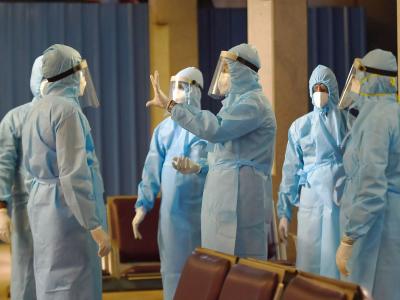
The remaining 88 cases, or 61 per cent of the participants, showed no abnormalities, the study said.
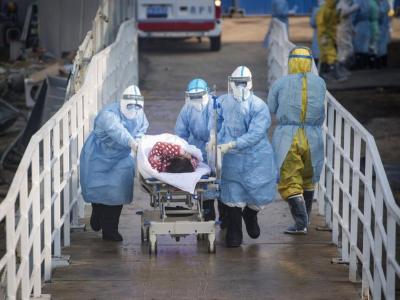
Patients with lung abnormalities on CT were more likely to have respiratory symptoms and abnormal lung function, the study said.



















